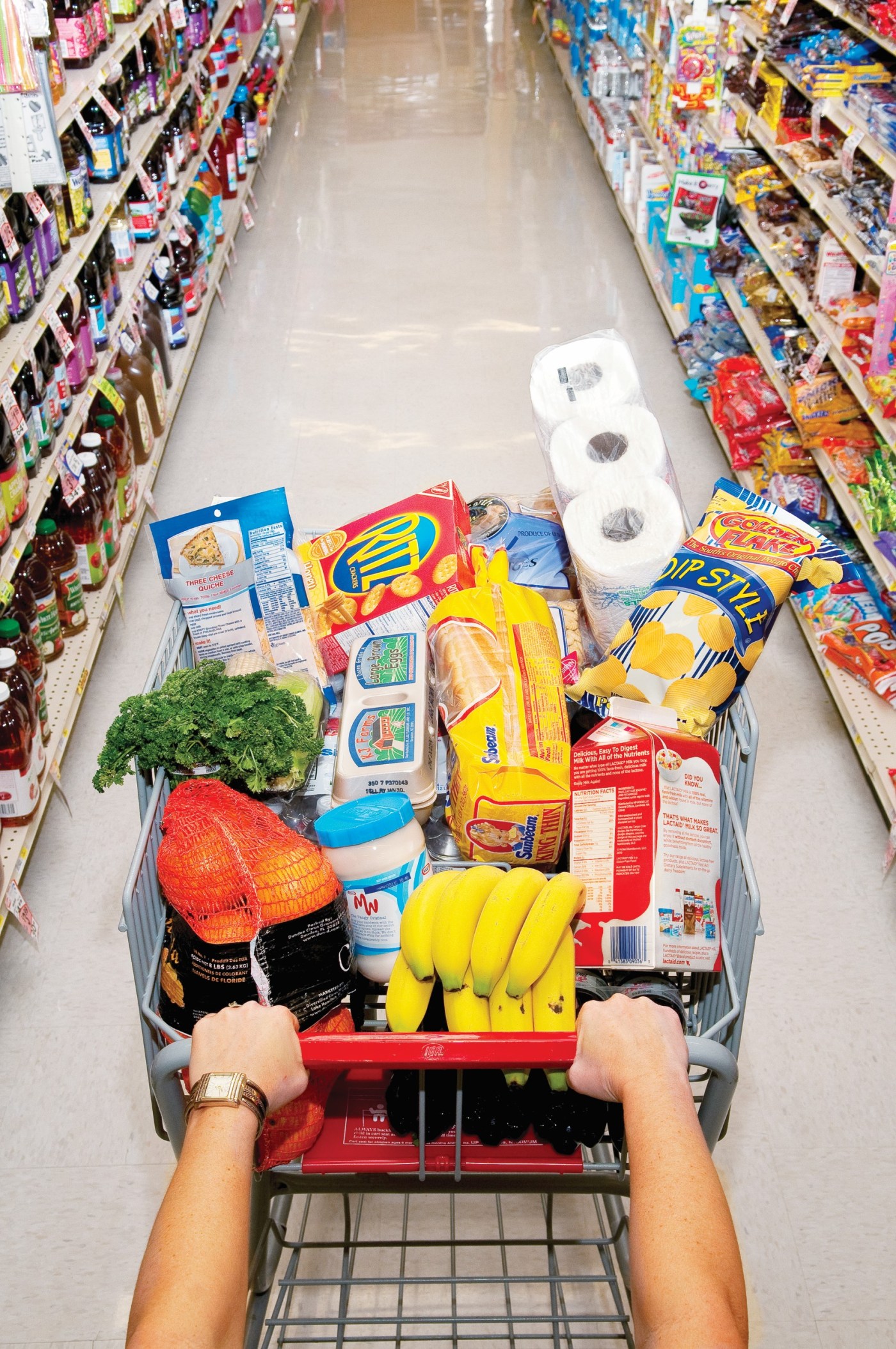
Lee: Some pols want to edit your shopping list
Should the government decide what goes in your shopping cart?
Surprisingly, some in Congress want to empower government bureaucrats to restrict consumer freedom by limiting the ability of needy families to purchase certain foods and beverages.
This attempted power grab comes at a time when Americans ask their political leaders for relief from grocery prices, not more government overreach into their shopping carts.
Some members of Congress have introduced legislation prohibiting recipients of the Supplemental Nutrition Assistance Program from buying foods and beverages those congressional members find objectionable. Those members actively seek to include those restrictions in the Farm Bill later this year during the bipartisan negotiations.
The logic behind that effort is to encourage healthier lifestyles, which is a laudable goal. Sponsors of the bills somehow believe that banning SNAP purchases of beverages and desserts will tackle the rate of obesity and diabetes in our country. The facts, however, refute that claim. According to the Department of Agriculture, beverages account for only 6% of total calories in the typical American diet. Moreover, the calories from beverages have been decreasing steadily for years; at the same time rates of obesity and diabetes have been rising.
If beverages were driving obesity, those rates should have gone down with the decrease in calories from beverages.
Obviously, one or two products cannot be the culprit for an issue as complex as obesity. Instead, we need to look at more thoughtful, data-driven solutions to the pressing public health concern of obesity that treat diets more holistically.
The misguided proposal to restrict certain products from SNAP also represents a clear philosophical misstep. Namely, our elected representatives should support individual freedom and limited government, trusting the American people to make decisions for their families. Proponents of new SNAP restrictions ignore that principle.
While the conversation centers on sodas and snacks, it represents a more significant issue: the government shouldn’t be deciding “good” or “bad” foods. It also raises concern about the precedent it would set for future Farm Bill negotiations.
For example, what would stop overzealous politicians and bureaucrats from pursuing other items on their radical dietary agenda by, say, restricting the purchase of red meat or foods that they claim harm the environment? Once that Pandora’s Box opens, it will be impossible to close.
At the end of the day, SNAP exists to help families who need it, and we should not treat them like second-class citizens in pursuit of some ideological agenda.
It’s not the federal government’s rightful role to play “Big Brother” in grocery stores. Families on SNAP make grocery buying decisions on the same basis as everyone else, and lawmakers shouldn’t single out SNAP recipients for government intervention in families’ grocery carts.
Timothy Lee is senior vice president of legal and public affairs at the Center for Individual Freedom/InsideSources


